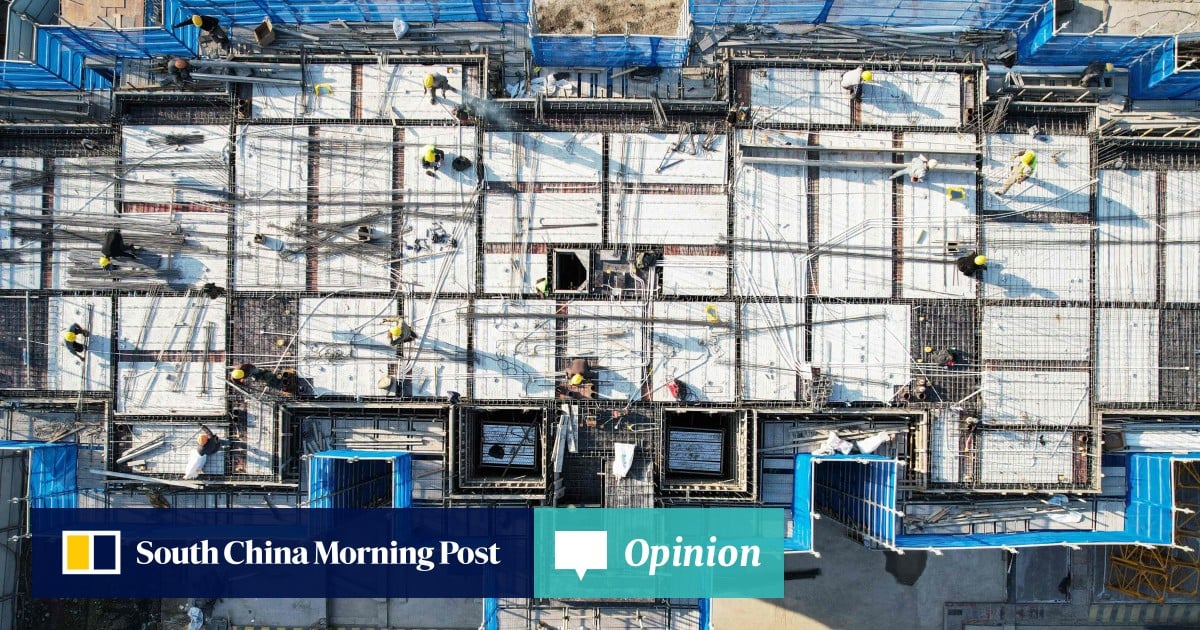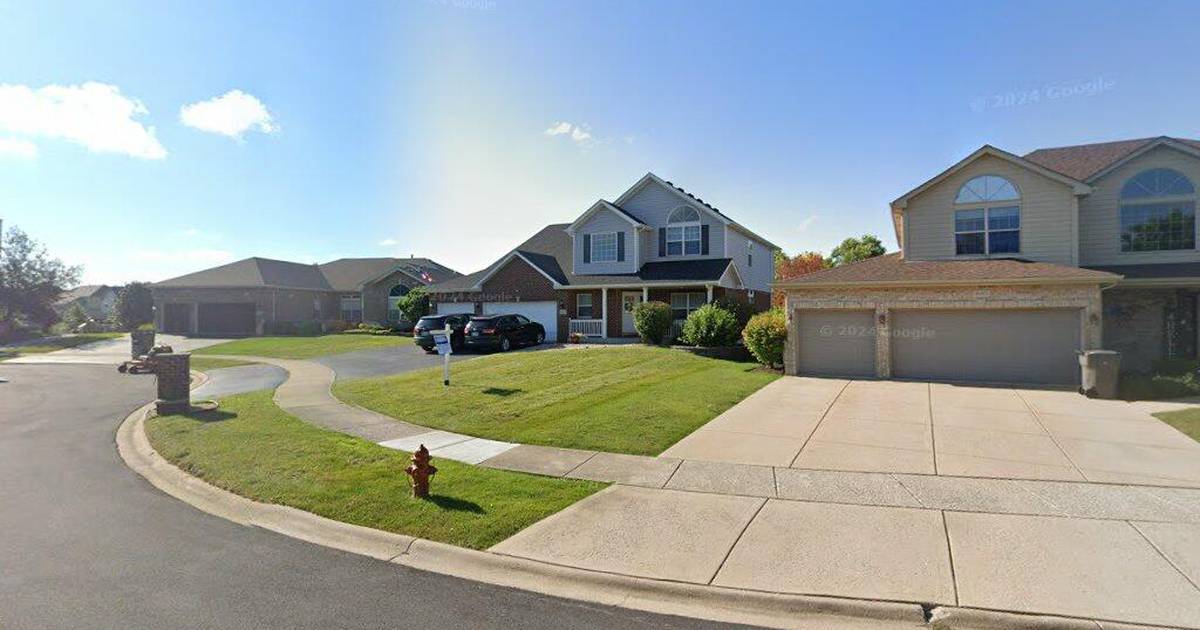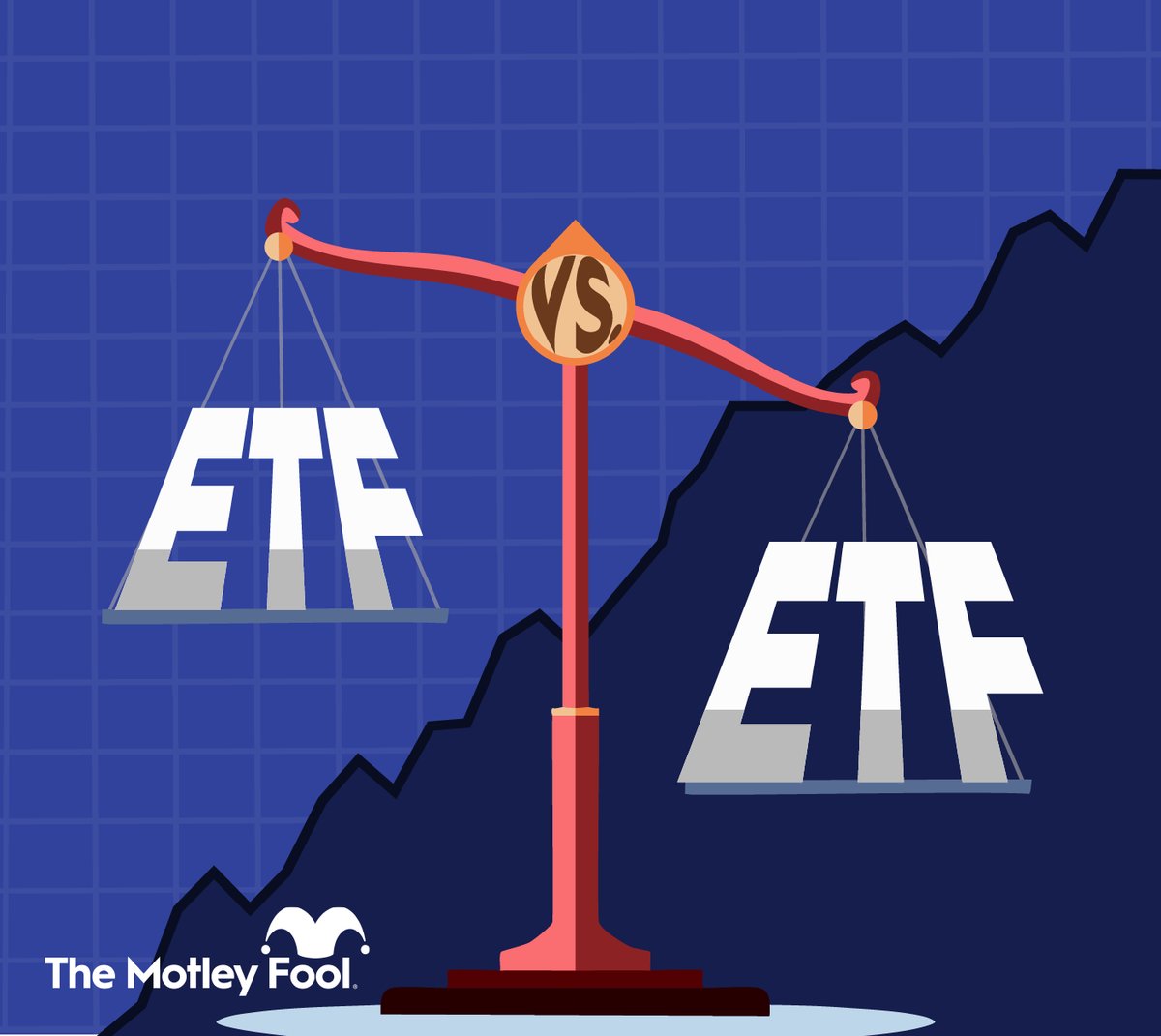T
he surge of artificial‑intelligence companies has ignited a new wave in San Francisco’s real‑estate market. As AI firms such as OpenAI, Anthropic, and Nvidia bring talent back to the Bay Area, housing prices and rents are climbing faster than in any previous tech boom.
High‑earning AI professionals are the main drivers. In the San Jose metro area—home to Meta, Google, and Nvidia—average salaries needed to afford a home crossed $400,000 in April 2024, according to Redfin’s chief economist Daryl Fairweather. That figure makes the region the most expensive U.S. metro area, and home values have risen 3 % year over year. Even though OpenAI and Anthropic are private, employees can liquidate equity through private stock sales, and many have used the proceeds to purchase homes. A former OpenAI employee, speaking anonymously, said they bought a San Francisco property during the company’s last tender offer and knew several others who did the same.
Luxury sales are breaking records. Sotheby’s 2025 Mid‑Year Luxury Outlook reported more San Francisco homes sold above $20 million last year than ever before, a trend largely attributed to AI wealth. In San Mateo County, the average single‑family home price reached $2.6 million this year, driven by both AI salaries and a strong stock market, according to real‑estate agent Raziel Ungar.
The rental market is also heating up. Zillow data shows rents across the San Francisco metro area have risen about 5 % since last year—twice the national average. Prospective tenants are submitting “tenant résumés,” offering several months’ rent in advance, or bidding thousands of dollars over asking prices. Neighborhoods most sought after by AI workers include Mission Bay, the hub of AI activity, Hayes Valley (dubbed “Cerebral Valley”), South Beach, Dogpatch, Potrero Hill, the Mission, Noe Valley, and Bernal Heights.
Despite the high salaries, AI homebuyers tend to be more measured than in past tech booms. San Francisco agent Ruth Krishnan notes that buyers are “data‑driven and decisive,” often using large language models to model payments, taxes, and micro‑market trends before touring a property. Typical purchases range from $2 million to $4 million—still substantial, but far from the frantic bidding wars seen in earlier periods. Many buyers are cautious, aware of past tech busts, and wary of spending beyond what they can sustain if the AI boom slows.
The return to office (RTO) culture is also fueling demand. AI talent is increasingly tied to in‑person work, and the associated “hardcore” culture attracts workers who prefer to live close to their employers. This trend, combined with the influx of high‑earning talent, is pushing the Bay Area’s housing market into a new era of rapid growth and heightened competition.













